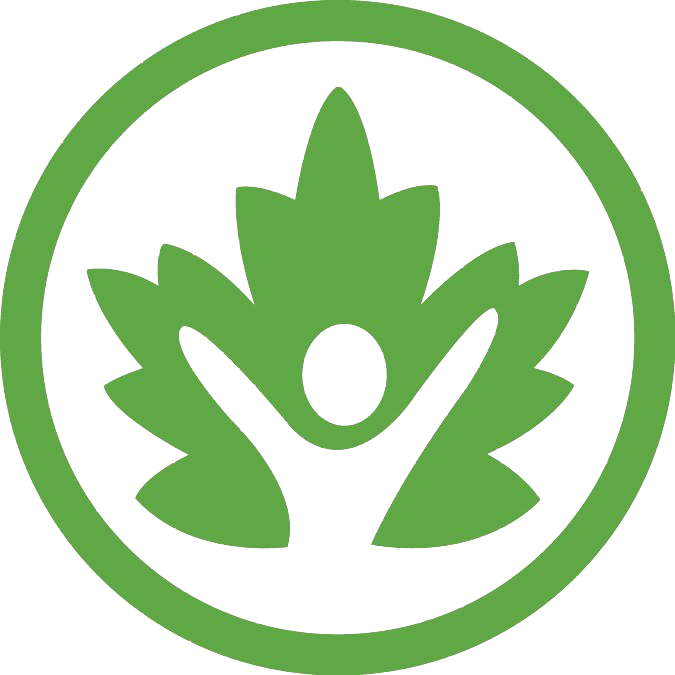OUR STORY
In 2012, on the Pacific coast of northern Patagonia, the Mapuche-Lafkenche (Lafken = sea / che = people) indigenous community of Llaguepulli decided to invite MAPLE to their ancestral territories of the Lake Budi basin, to co-design and support the implementation of a culturally appropriate financial tool to be administered by the community itself (“Member-Owned Financial Institution”), this tool would serve the Lafkenche communities priorities, cultural values, and land ethics or Az mapu.
In June of 2014 we completed a year of action research and community dialogues to establish objectives, commitments and statutes. The process culminated in the creation of a project to pilot the first-ever Mapuche member owned and managed “bank,” more appropriated named a mutual support society by the 25 women, men, youth, and elderly from Lake Budi who became founding partners. This financial organization was co-designed to meet the needs of members and the community in the service of economic self-determination..
The local team and advisory council that now control this mutual support financial organization since 2014, have been successful in managing members’ monetary and non-monetary assets, with a 100% return rate and investment of 4 times the net value of collective savings. Neighboring Mapuche communities have also now begun to adopt this model due to its success in relation to funding community-based initiatives.
Using cultural protocols along with Mapuche social and environmental criteria, members of the Mutual Support Group decide on providing loans to families economic initiatives, prioritizing innovative solutions over conventional farming.
To complement the savings and community finance tools offered by this Mutual Support Group, and in accordance with 16 Strategic Directions prioritized by our community partners , MAPLE has designed and implemented several multi-dimensional projects addressing social, cultural, environmental, and economic holistic impacts. This processes of co-designing indigenous self-management tools and delivering these to local teams, have resulted in replicable methods, being systematized through toolkits and publications, and lead to innovative functioning self-managed models such as Grupo de Apoyo Mutuo (Mutual Support Group), self-sustainable tree nurseries, and artisan management tools enabling quality standards through a materials fund managed by women weavers.

